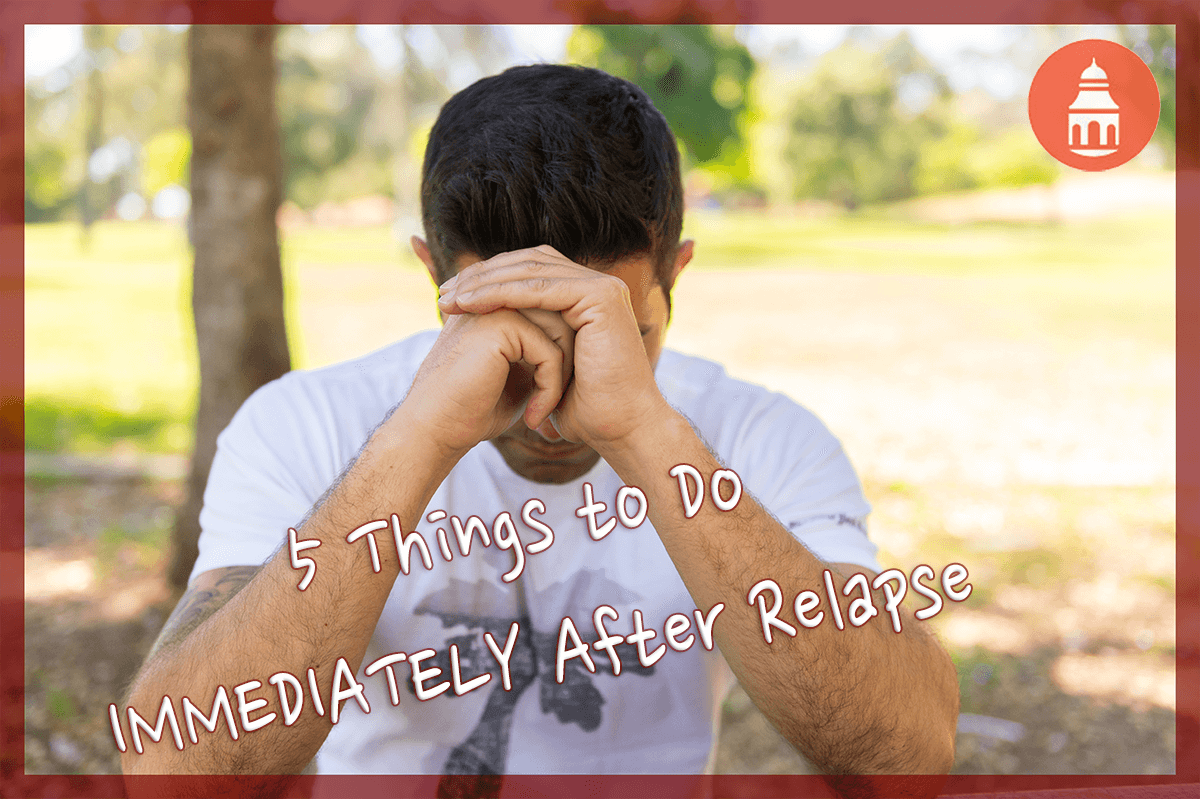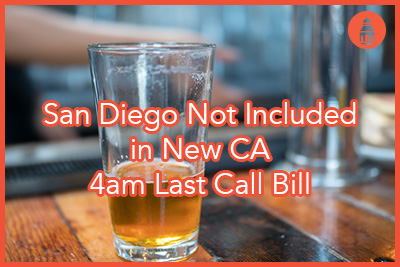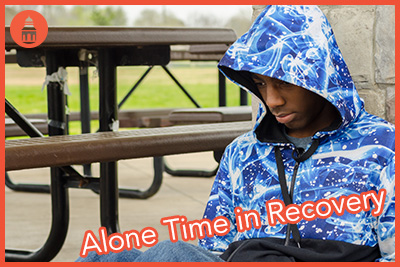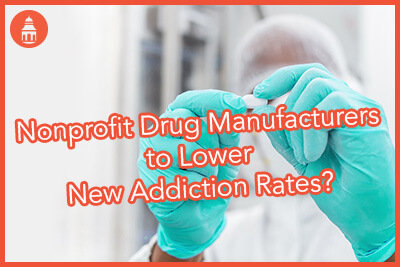
Relapse is not an inevitable part of recovery after addiction, but it is a common characteristic given that addiction is a chronic disorder. Like other long-term illnesses, addiction recovery is often defined by periods of doing “well,” or remaining abstinent, and periods of “remission,” or a return to drug and/or alcohol use for any length of time.
The key to remember is that relapse does NOT signify the end of recovery. It also does not mean that you have “lost” all that you have worked for thus far in treatment. What it means is that for a finite period, you drank or used drugs, and you have the opportunity now to retrace your steps, figure out why it happened, and make positive changes to decrease the likelihood that it will happen again.
Here’s what you do first.
- Stop all drug use.
A relapse is not an excuse to continue drinking or using drugs. Whether you slipped up and accidentally took a sip of vodka thinking it was water, went to the dentist and got high off the anesthesia during a procedure, or actively chose to pick up another substance for the purposes of getting high, you always have the choice to stop. Make that choice and keeping making it – every five minutes, every minute if you have to – and move on to the next step.
- Call someone.
Depending on your situation and who you are currently working with in recovery, the person you call may vary. You may opt to call your therapist if you have a prearranged agreement that allows you to communicate between sessions with a therapeutic need. Or you may choose to call your sponsor if you are currently working with one.
Otherwise, you can call:
- A close friend who is supportive of your recovery
- A family member who is positive and supportive of your recovery
- Someone you went to treatment with, who is still active in recovery
- Someone you know from a 12-Step meeting, alumni group, or group therapy session
If your first choice doesn’t pick up the phone? Go to the next person on the list and keep going until you get someone who has the time to meet with you in person right away to talk about what happened and make sure that the relapse is over.
- Schedule an appointment with your therapist.
Talking with a friend, peer in recovery, or even your therapist is a great first step, but next, it is time to begin the work of processing the experience therapeutically.
Call to schedule the soonest appointment possible with your therapist and:
- Be honest – no holds barred. Tell your therapist everything that led up to the event, how you got the drugs or alcohol, how you felt before you got high or drank, and how you felt after. If you continued, discuss how that experience unfolded – whom you were with, where you were, what happened, what you used and how often.
- Answer any questions your therapist has along the way.
- Ask specifically for help in making sure it doesn’t happen again and what you can do to stay safe in the coming days.
- Listen carefully to the therapist’s suggestions, making a list of everything that could help.
- Make a follow-up appointment and ask for a daily text or email check-in.
- Assess the relapse.
In subsequent sessions, you will need to look more deeply at the days and weeks that preceded the relapse, but in the first session and in talking to your friend or family member as well as on your own, it is important to look at the relapse closely while it is still fresh in your mind.
Questions to consider include:
- Were you in an argument with anyone recently?
- Was there a particular stressor that you had been feeling heavily in recent weeks?
- Were you facing a unique or unexpected crisis (e.g., layoff at work, breakup or divorce, or death of someone close)?
- Had you been sleeping well, eating well, or otherwise taking care of yourself in the days and weeks prior to the relapse?
- Did you accidentally pick up or was it a choice? What steps did you have to take once you decided to drink or get high before you were actively relapsing?
- Can you identify when the cravings first began and/or why?
- What could you have done differently to identify and divert the cravings?
- Create a new plan.
Your next goal is to create a clear and actionable plan to manage stressful situations, difficult social relationships, and/or cravings in the event that they arise again. What will you do differently? How will you protect yourself?
For many, this is a multifaceted plan. There is no one simple thing that you can do – or not do – to ensure you do not relapse again. Both long-term and short-term changes will be necessary.
These may include:
- Stress reduction holistic therapies (e.g., yoga, meditation, etc.)
- An increase in therapy sessions
- A change in mental health treatment options
- Making a big change to remove yourself from a situation that is threatening to your recovery (e.g., moving into a new home, getting out of a toxic relationship, changing jobs, etc.)
- Creating a plan in the event you feel the urge to relapse that includes (1) someone you can call and (2) somewhere safe you can go
What do you need to do to protect yourself against relapse in recovery?



